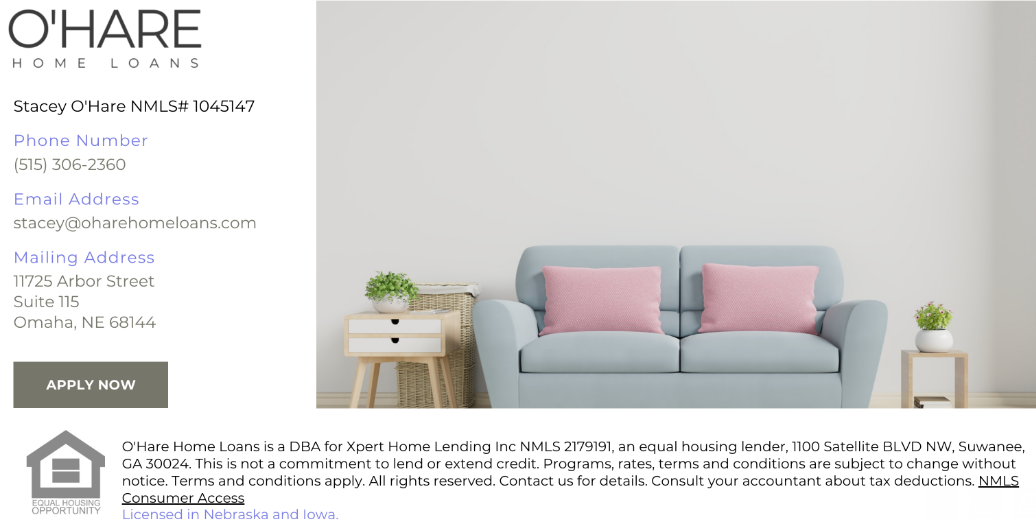Five Mortgage Closing Terms And What They Mean
Monday, June 8, 2020
 Real estate terminology can really throw you for a loop, especially if you are a first-time home buyer and haven’t dealt with the home buying process before. If you can relate, then we are sure you will enjoy (and benefit from) today’s blog post!
Real estate terminology can really throw you for a loop, especially if you are a first-time home buyer and haven’t dealt with the home buying process before. If you can relate, then we are sure you will enjoy (and benefit from) today’s blog post! Below we are going to be talking about five common mortgage closing terms and their meaning. Our hope is to simplify these phrases so you can not only understand things a little better as you navigate, but further enjoy the home buying process. Let’s dive right in!
1.) Down Payment:
A home buyer must provide money up-front in order to secure the amount that is being borrowed, and that money is referred to as a down payment. Most mortgage lenders require a cash down payment ranging from 3%-20% in order to be approved for a home loan.
2.) Annual Percentage Rate (APR):
APR is a broad measure of the cost you, as the borrower, have when taking out a loan and could refer to costs such as broker fees, interest rate, points, etc.
3.) Private Mortgage Insurance (PMI):
If you are planning to put less than 20% of the home’s value down (for your down payment – see first bullet), you typically will be required to pay private mortgage insurance when you take out a conventional home loan. This insurance serves as protection for lenders in the event you end up in foreclosure.
4.) Loan Estimate (LE):
The loan estimate refers to the details of the agreed upon terms of your loan, in addition to the estimated closing costs.
5.) Closing Costs:
Both parties (the buyer and the seller) are responsible for paying closing costs. These costs can include things such as property fees, application fees, title insurance, title examination, attorney charges and settlement documents.
Are you interested in hearing what our amazing clients are saying about us? Be sure to check out the Testimonials page here!









